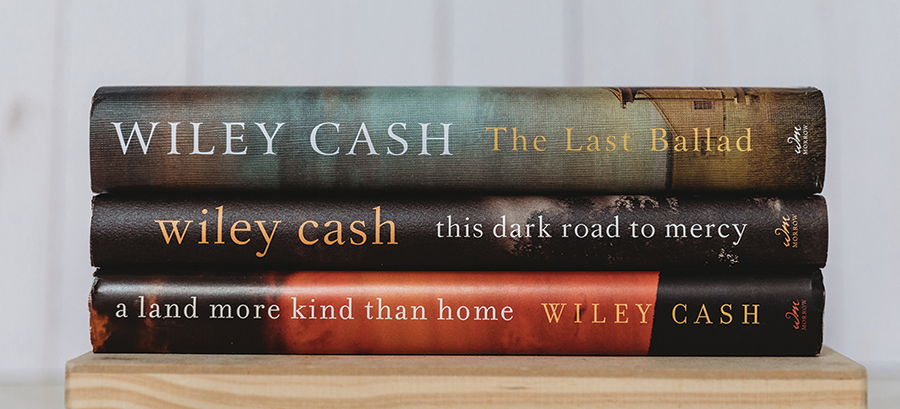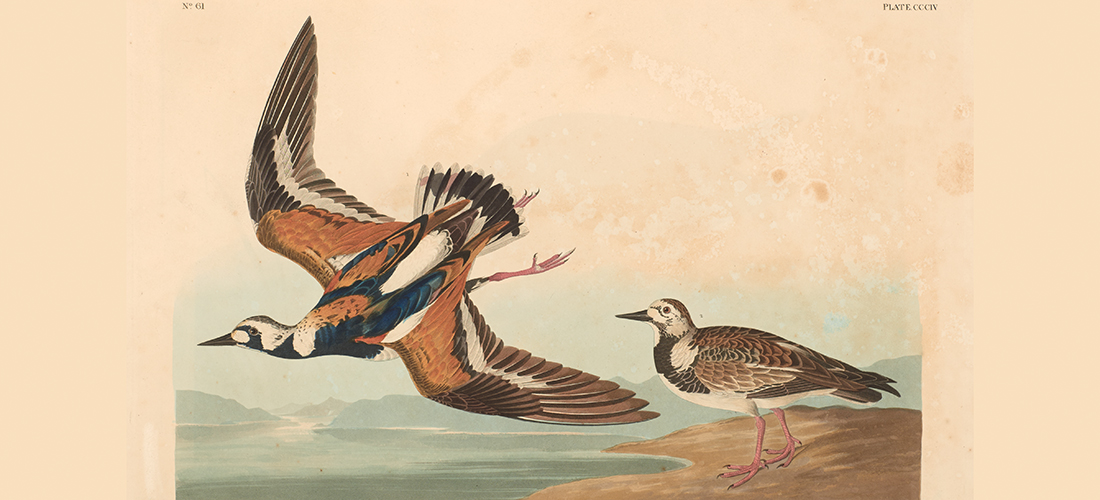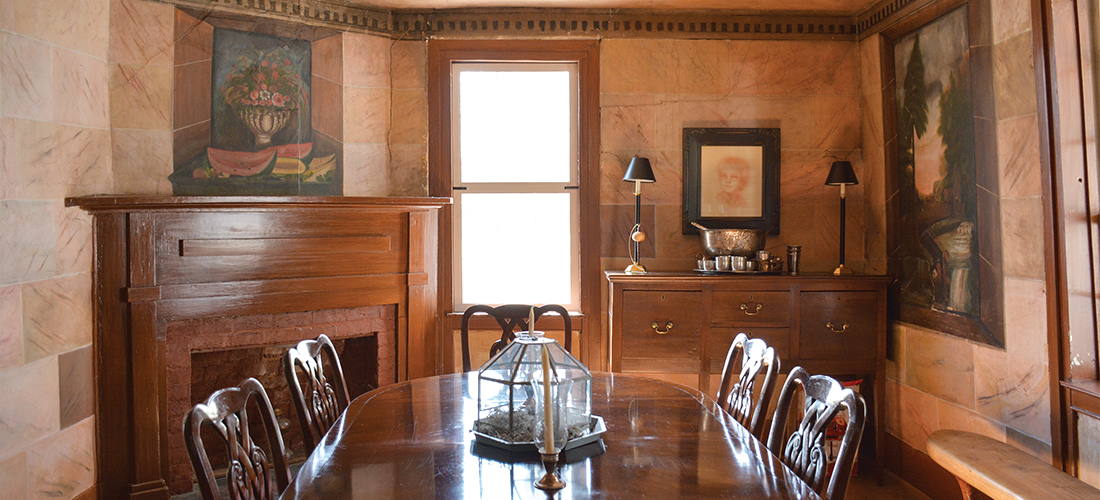With the Author Himself
An internal dialog
By Wiley Cash • Photographs by Mallory Cash
Wiley Cash and I have known one another for almost 42 years, but I do not see him very often. Work as writer-in-residence at the state university in Asheville has him driving back and forth across the state quite a bit, and if you are to believe his social media accounts, he is usually sprinting through one airport or another, behind on a writing deadline and struggling to find Wi-Fi to return students’ emails. That’s what he gets for giving up his smartphone.
Life has been pretty busy since Wiley’s first novel, A Land More Kind Than Home, was released in the spring of 2012. Since then he has published two more novels, taken a few teaching positions, and moved a couple times. He and his wife, Mallory, who is a photographer, are also the parents of two young daughters.
A few weeks ago I sent him a text. (He can still text with a flip phone. It just takes him longer.)
Me: let’s get a beer
Wiley: high cholesterol. Been jogging. Coffee?
Me: does beer give you high cholesterol?
Wiley: beer makes it harder to jog
Me: where should we meet for coffee? Prefer a place that also serves beer.
Wiley: our house Thursday morning
Mallory meets me at the door when I arrive at their home near Carolina Beach.
“His majesty is still in his robe,” she says.
“Late night?” I ask.
“No,” she says. “He just works from home. His robe is like his employee uniform.”
“You work from home too,” I say. “You’re not wearing your pajamas.”
“Maybe the robe life is the exclusive lifestyle of authors.”
I look up and see Wiley coming down the stairs in a bright red robe and gray bedroom slippers. We shake hands.
“It’s been a while,” Wiley says. “When did you get glasses?”
“Last year,” I say.
He strokes his white beard and tucks his (graying?!) hair behind his ear.
“We’re getting old,” he says. He smiles. “At least you are.”
“I guess that means we’re having coffee instead of beer.”
He smiles and leads me down the hallway, past the kitchen, and into a sitting room that has recently been converted into his daughters’ playroom. He offers me a seat in one of two tattered yellow armchairs.
“When we bought this house we thought it would be a great place to host parties,” he says. He smiles and looks around the room. “Turns out it’s been a great place to host children’s books and games and toys.”
While Wiley makes coffee in a French press, we discuss what has kept him busy since his most recent novel, The Last Ballad, was published in the fall of 2017. He tells me about the Open Canon Book Club, an online book club he founded to introduce readers to diverse books by diverse authors, and the Land More Kind Appalachian Artists’ Residency, a retreat he and Mallory and two friends founded in West Virginia. He is also teaching, a lot: Aside from his work as writer-in-residence at the University of North Carolina-Asheville, he also teaches in the Mountainview Low-Residency MFA Program. In his spare time he is trying to work on a new novel, one that is already behind deadline.
“How are you finding the time and space to write?” I ask.

He pours me a cup of black coffee, pours one for himself, and then sits back in his chair.
“It’s hard,” he said. “I’m really busy, but everything I do is about writing in one way or another. When I teach, I teach writing. When I give a talk at a library or university, I’m talking about writing. When I’m reading books for the book club or reading through applications for the artists’ residency, I’m thinking about the written word and how it works to achieve an author’s intentions. Literally everything I do pertains to writing. My life is one huge literary conversation that never stops.”
“It all sounds like a lot of work,” I say. “Are there many rewards?”
“Aside from my mom constantly asking if my editor’s mad at me because my novel is late? Sure. There are a lot of rewards,” he says. “I’m so lucky that my one-time hobby has become my full-time occupation, or occupations.” He looks over his shoulder at a wall of glassed-in bookshelves in the living room. “Speaking of rewards,” he says, “you want to see a really cool one?”
He gets up and walks into the other room. When he returns he is carrying a small statue on a pedestal. “Meet Sir Walter Raleigh,” he says. He slides one of his girl’s chairs away from a children’s table and sets the statue on the chair. He makes a show of polishing it. “I received this a few weeks ago from the North Carolina Historical Book Club. I love it.”
“You seem like a proud father,” I say. “Speaking of fatherhood, how has it changed your writing?”
“Being a parent has deepened the experience of storytelling in ways that have really surprised me,” he says. “Our oldest, who’s 4, is obsessed with narrative. I probably tell six or seven stories a day about saber tooth tigers and early people and ghosts and pirates. A few nights ago I heard her telling Mallory about how telling stories can cause them to feel true. That left a huge impression on me because that’s what I want to do as a writer. I want to tell my readers fictional stories that they believe nonetheless.
“And our 3-year-old is really interested in telling stories. A few days ago, she told Mallory a story that began It was the first day of school. His mother came to get him. He was not sad, but quiet. Are you kidding me? I don’t write opening lines that beautiful.”
“If your girls told a story about you, what would it be?” I ask. Wiley takes a sip of his coffee and looks toward the window.
“It was the first day of writing a new novel,” he says. “His mother had already called to check on his progress. He was not sad, but tired.”
“Pretty good lines,” I say.
“Thanks,” he says. “They’re yours if you write my biography.”
Wiley Cash lives in Wilmington with his wife and their two daughters. His latest novel, The Last Ballad, is available wherever books are sold.


